Gender controversy
From athletics to swimming to boxing, the question of gender identity in women's sports is once again at the center of international debate.
Not only about scientific factors, recent cases show the conflict between individual rights, fair competition and the authority of management organizations.
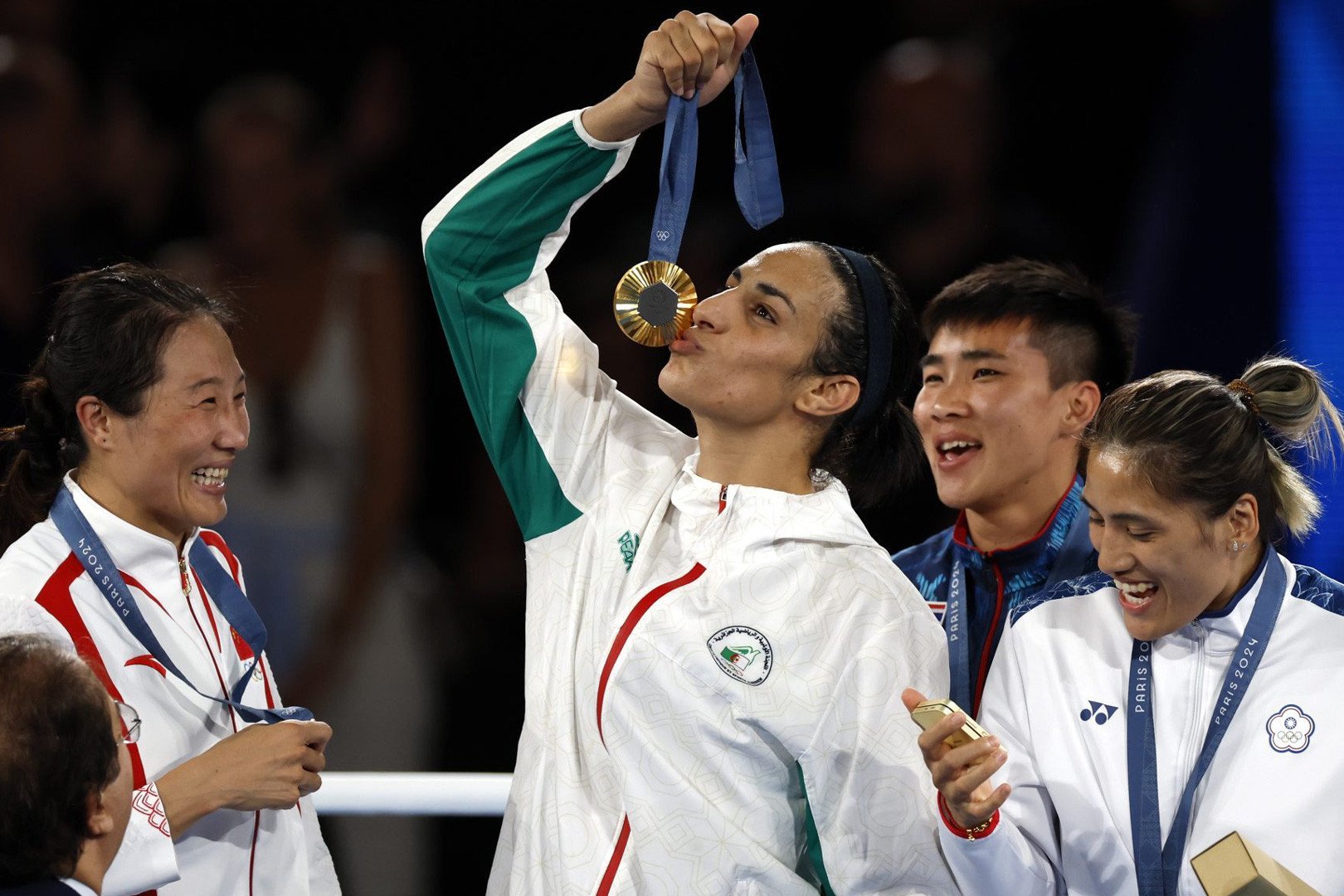
The most controversial case of 2025 belongs to Imane Khelif, the Algerian Olympic junior middleweight champion.
After winning the gold medal at Paris 2024 under the protection of the International Olympic Committee (IOC), Khelif was again required by World Boxing (WB) - the newly recognized federation of the IOC - to conduct a mandatory gender test using PCR to find the SRY gene (the gene that determines human masculinity).
This rule applies to all athletes over 18 years of age, with the aim of determining biological sex before competing in the female or male category.
More than two months ago, Khelif was denied entry to the Eindhoven Box Cup for failing to pass a test. Public pressure forced WB to apologize for naming her in the statement, but the new rules remain in place.
Boxing is not the only sport tightening its rules. World Athletics (WA) – the governing body of athletics – has banned transgender women who have undergone male puberty from 2023 and tightened the rules for athletes with DSD (Disorders of Sex Development), requiring testosterone levels below 2.5 nmol/L for six months.
In July 2025, WA continued to pass regulations on “once in a career” SRY gene testing for all athletes wanting to compete in the women's category, applicable from September.
This directly affects names like Caster Semenya, who is pursuing a case at the European Court of Human Rights (ECHR) to challenge the legality of the hormone limits.
In swimming, the case of Lia Thomas – an American transgender athlete – ended in legal defeat.
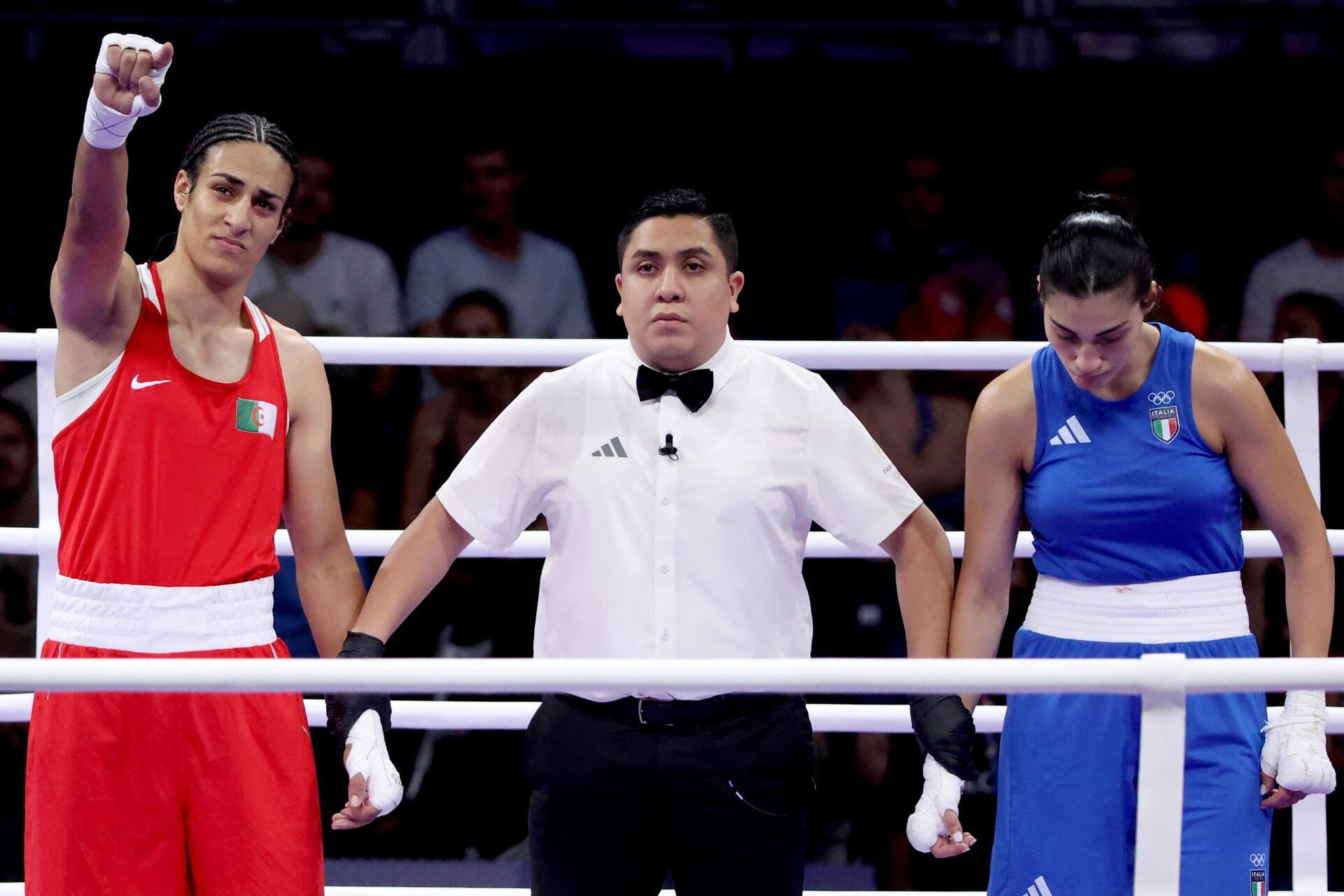
The Court of Arbitration for Sport (CAS) rejected her appeal in June 2024, upholding World Aquatics’ (the governing body for aquatic sports) policy that transgender women who have gone through male puberty cannot compete in the women’s category at the international level. This is one of the rulings that set a precedent for other sports.
Beyond the scope of sports
Women’s football has also seen controversy. Zambian striker Barbra Banda was disqualified from the 2022 Africa Cup of Nations for failing to meet CAF’s testosterone criteria, before returning for the 2023 World Cup.
The African Football Confederation has yet to clearly announce its inspection process, raising doubts about its consistency and transparency.
These cases raise questions about justice and human rights. In Europe, Semenya won a ruling from the ECHR that her case should be reviewed, showing that sports regulations can be challenged on individual rights grounds.

Meanwhile, in the US, some states have enacted laws banning or restricting transgender women from competing in school competitions, opening up another legal front parallel to elite sports.
The line between protecting fairness and respecting privacy is becoming fragile.
International federations have consistently cited safety and competition integrity, particularly in combat sports, to justify sex testing or hormone limits.
Conversely, many athletes and human rights organizations consider this a physical assault and discrimination.
The debate, which is far from over, will likely continue to be shaped by both union boardrooms and courtrooms.
As biomedical science advances, the big question remains: how will women's sports define gender in a way that is both fair and humane?
Source: https://vietnamnet.vn/tranh-cai-gioi-tinh-the-thao-nu-tu-dang-thi-hong-den-the-gioi-2431729.html



![[Photo] The 1st Congress of Phu Tho Provincial Party Committee, term 2025-2030](https://vphoto.vietnam.vn/thumb/1200x675/vietnam/resource/IMAGE/2025/9/30/1507da06216649bba8a1ce6251816820)
![[Photo] Solemn opening of the 12th Military Party Congress for the 2025-2030 term](https://vphoto.vietnam.vn/thumb/1200x675/vietnam/resource/IMAGE/2025/9/30/2cd383b3130d41a1a4b5ace0d5eb989d)
![[Photo] President Luong Cuong receives President of the Cuban National Assembly Esteban Lazo Hernandez](https://vphoto.vietnam.vn/thumb/1200x675/vietnam/resource/IMAGE/2025/9/30/4d38932911c24f6ea1936252bd5427fa)
![[Photo] Panorama of the cable-stayed bridge, the final bottleneck of the Ben Luc-Long Thanh expressway](https://vphoto.vietnam.vn/thumb/1200x675/vietnam/resource/IMAGE/2025/9/30/391fdf21025541d6b2f092e49a17243f)
![[Photo] General Secretary To Lam, Secretary of the Central Military Commission attends the 12th Party Congress of the Army](https://vphoto.vietnam.vn/thumb/1200x675/vietnam/resource/IMAGE/2025/9/30/9b63aaa37ddb472ead84e3870a8ae825)
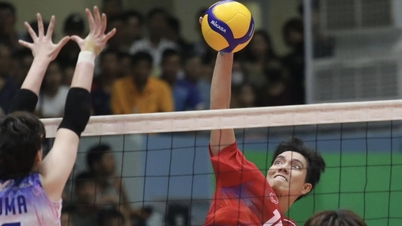



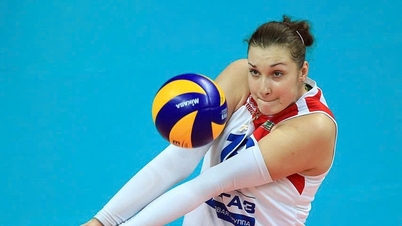
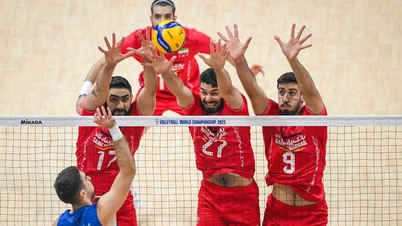















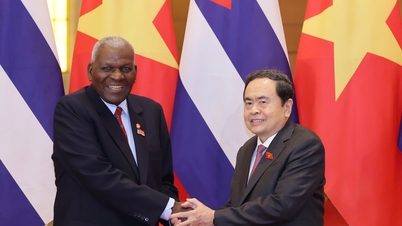

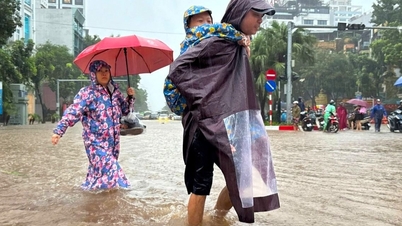
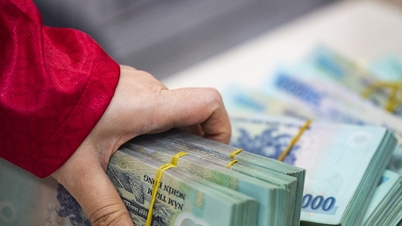

















































![[Infographic] Key tasks in the 2025-2030 term of Dong Nai province](https://vphoto.vietnam.vn/thumb/402x226/vietnam/resource/IMAGE/2025/9/30/59bd43f4437a483099313af036fef0db)


















Comment (0)